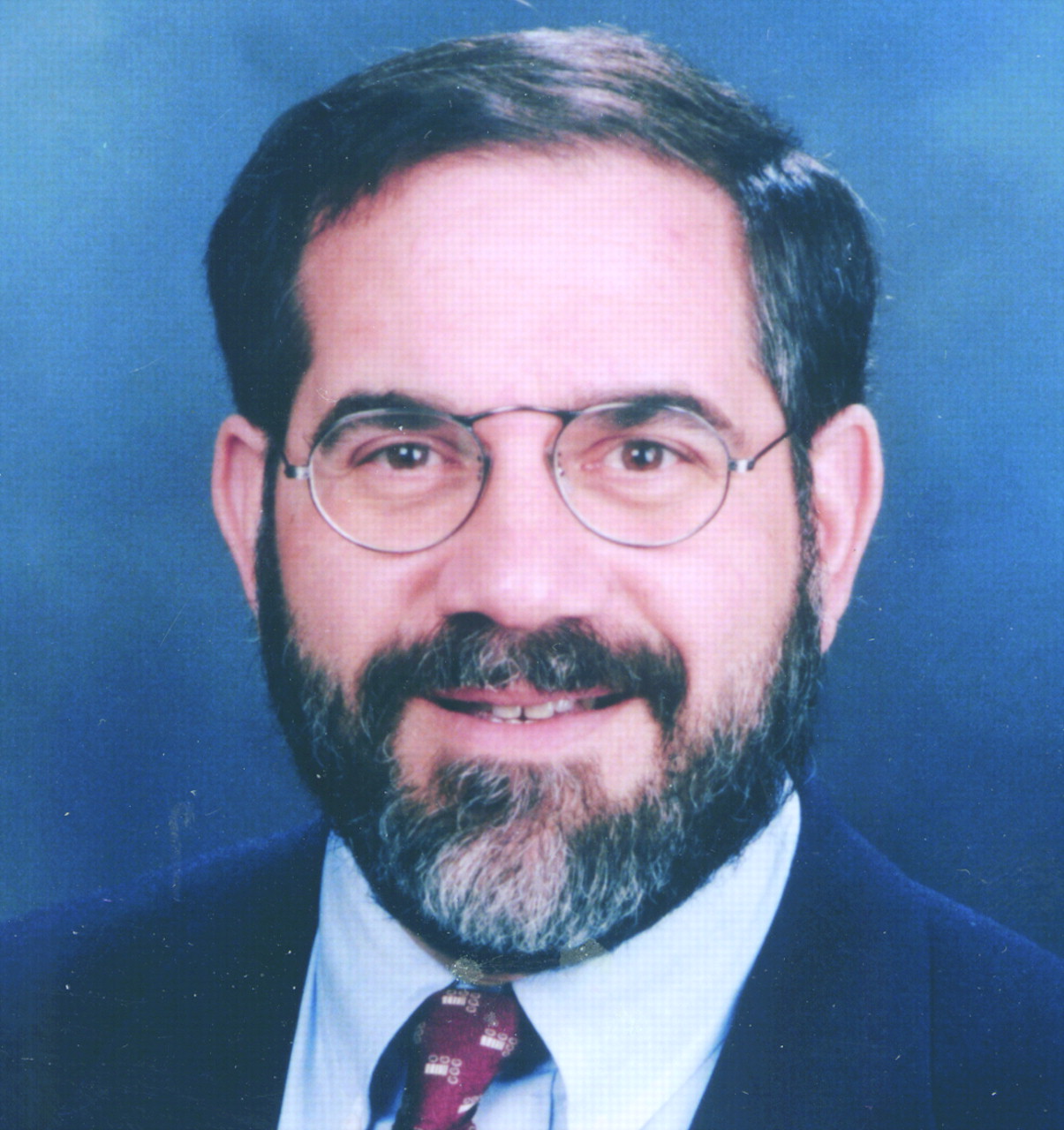Directors Resign From All Three MH Institutes

Steven Hyman, M.D., will become provost of Harvard University on December 10.
But Hyman’s is not the only familiar face who will be departing the government’s mental health leadership. Alan Leshner, Ph.D., director of the National Institute on Drug Abuse (NIDA), will soon leave that post, and the National Institute on Alcohol Abuse and Alcoholism (NIAAA) will also need a new director now that Enoch Gordis, M.D., has announced that he will soon be retiring.
Hyman, who was director of research in the psychiatry department at Massachusetts General Hospital before taking the NIMH post, is returning to his roots to become provost of Harvard University, making him its highest-ranking official after the university president. He will take over the provost duties on December 10.
Reflecting on his accomplishments as agency director, Hyman noted in a press release that his goal on assuming the NIMH reins “was to make sure that it joined the mainstream of biomedical and behavioral research.”
“Working with a very talented staff, I believe we have become leaders in such critically important areas as the genetics of complex disorders, translation of basic neuroscience and behavioral science into clinical research, and conducting clinical trials that are increasing the relevance of research to real patients in real-world settings,” said Hyman.
APA Medical Director Steven Mirin, M.D., commented that with Hyman’s departure, “APA and psychiatry lost a true friend in Washington.” He described Hyman as “a top-notch scientist and an articulate administrator who led the NIMH with both vision and determination during a period of explosive growth in basic and clinical research on mental illness.” Hyman’s research priorities and the knowledge those efforts produced “will clearly improve the lives of people with mental illness for years to come,” Mirin said.
The president of the National Alliance for the Mentally Ill, Jim McNulty, added that Hyman also successfully integrated “consumers and families” into the NIMH policy-setting agenda and increased protections for human subjects in NIMH-supported clinical research studies.
Leshner is also leaving for the private sector, having been named chief executive officer of the American Association for the Advancement of Science, which is based in Washington, D.C., and has 138,000 members worldwide.
“It’s a sort of return to my roots,” Leshner told Psychiatric News, “back to basic science that I taught at Bucknell for 10 years and oversaw at the National Science Foundation prior to NIDA.”
But Leshner’s departure from NIDA comes at a time when he had just begun to emphasize research into prevention of substance abuse and addiction. During his tenure as head of NIDA, the high-profile director said he and his team had been able to take advantage of major advances in science, such as molecular genetics and neuroimaging, to help establish that addiction is a medical disease.
“There is tremendous support in this country now,” Leshner said, “for a basic-science approach to drug abuse and addiction. I’m very hopeful that as I leave, people will continue to see that science really does hold tremendous opportunities to prove our effectiveness in dealing with substance use.”
In early October Gordis announced that as his 71st birthday approached, he decided that his 15-year tenure at the NIAAA would end with his retirement at the end of December.
The combined departure of both Gordis and Leshner came as somewhat of a surprise in the addiction treatment community, with Leshner’s move being especially unexpected.
Richard Suchinsky, M.D., chair of APA’s Council on Addiction, told Psychiatric News that both directors had made immense contributions to the field.
“They have helped,” he said, “to shape the current thinking about alcohol and other drug disorders as being true illnesses that are amenable to research and to treatment on a scientific basis.”
“Both Dr. Gordis and Dr. Leshner were leaders of great insight and integrity,” said Marc Galanter, M.D., a professor of psychiatry at New York University School of Medicine and a past president of the American Society of Addiction Medicine. “They will both truly be hard acts to follow.”
Galanter told Psychiatric News that the decisions on new directors of the drug and alcohol institutes will be crucial to the day-to-day practice of addiction medicine.
“One area that has been limited in the past and has required more attention,” Galanter said, “is better support for education in addiction psychiatry.” Galanter said that PGY-5 and PGY-6 residents have had very little federal support for their clinical training. “Restraints on that clinical training have been defined by the purview of the institutes.” Galanter noted that residents will be instrumental in providing research leadership in the years to come; therefore, new directors who support aiding their research would be welcome.
There is no indication of a timetable for filling the three directorships, but the National Institutes of Health, of which the research institutes are a part, has itself been without a permanent director for two years. Ruth Kirschstein, M.D., has been serving as the NIH’s acting director since the end of 1999. In addition to the NIMH, NIDA, and NIAAA vacancies, another institute whose mission focuses on brain research—the National Institute of Neurological Disorders and Stroke—has been without a permanent director for nearly a year. ▪



